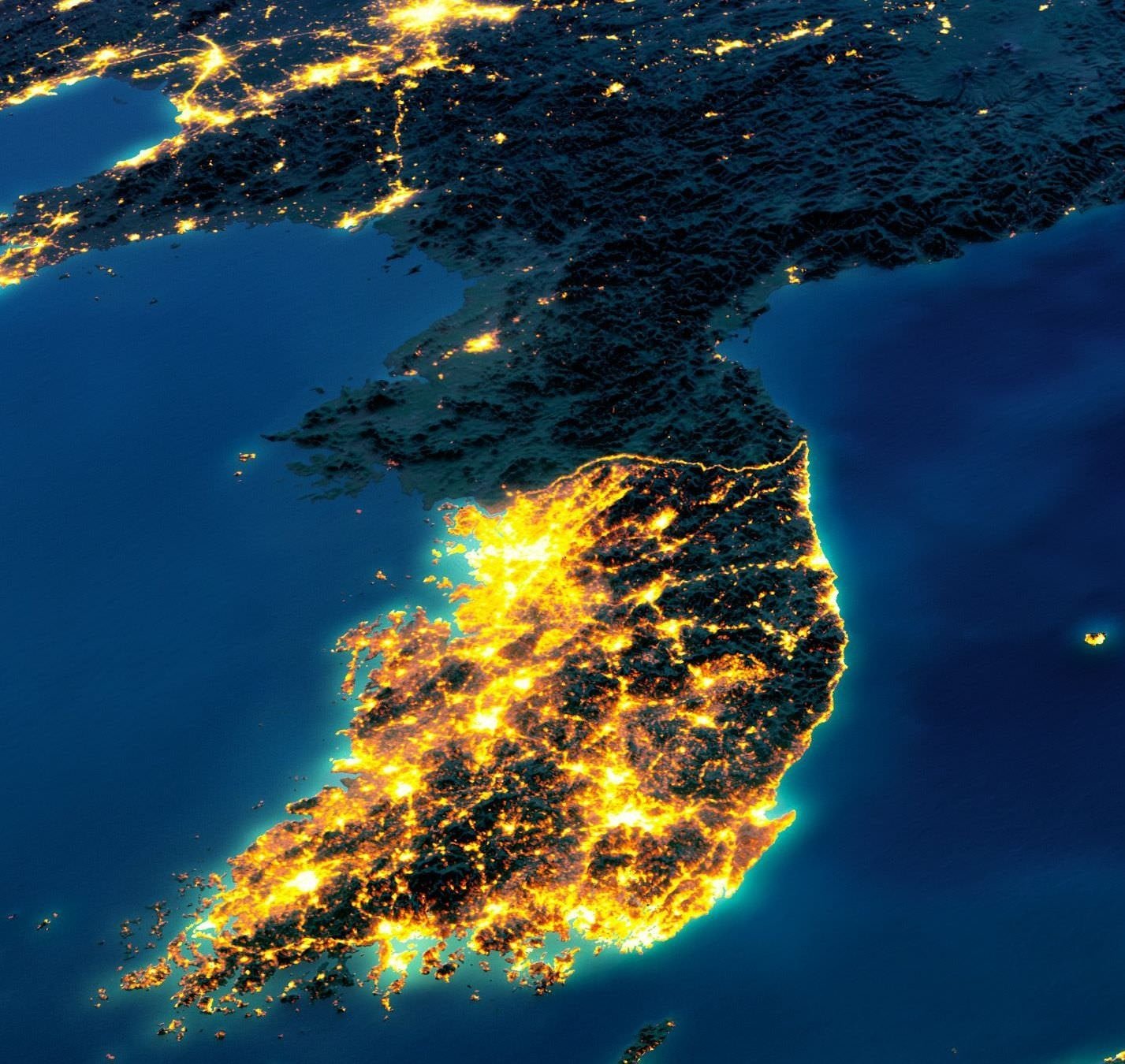As North Korea and Russia forge closer ties, North Korean and Russian authorities are cooperating more closely than before on matters related to North Korean workers in Russia, Daily NK has learned.
“All the safe houses and routes used by North Korean workers defecting from Russia were discovered after Kim Jong Un met with Putin, and [defectors] are afraid even to visit the UN [refugee agency],” a source in Russia told Daily NK on Jan. 26, speaking on condition of anonymity for security reasons.
The source said North Korean workers in Russia have been under tighter control since North Korean leader Kim Jong Un’s summit with Russian President Vladimir Putin in September. In addition, Russian authorities have worked to uncover defection routes, which has discouraged sympathetic Russians from contacting North Korean workers or helping them defect.
According to the source, North Korean authorities issued orders to North Korean companies in Russia on Jan. 22, reiterating the need for companies to report on all their business dealings in the country, to strictly monitor and control managers’ and workers’ access to the outside Internet and Internet searches on their cell phones, and to cooperate with Russian intelligence agencies to track down anyone who attempts to defect.
“Managers of North Korean companies say that tens of thousands of [North Korean] workers will come to Russia to work in various fields, including construction sites. That’s why the North Korean authorities are stepping up ideological training and enforcement for workers currently in Russia and working with Russian intelligence agencies to prevent defections,” the source said.
Given the mood on the ground, the source said, some North Korean workers who recently fled their companies in Russia have gone into hiding and are too afraid of being caught to contact the UN refugee agency in Russia. These workers are doubtful that the agency can ensure their safety.
“Before Kim Jong Un met Putin, the Ministry of State Security only cooperated with Russian intelligence in arresting and repatriating defectors if they were high-ranking or otherwise important to the government. But now the cooperation has increased tenfold, making it harder for ordinary workers to defect,” the source said.


